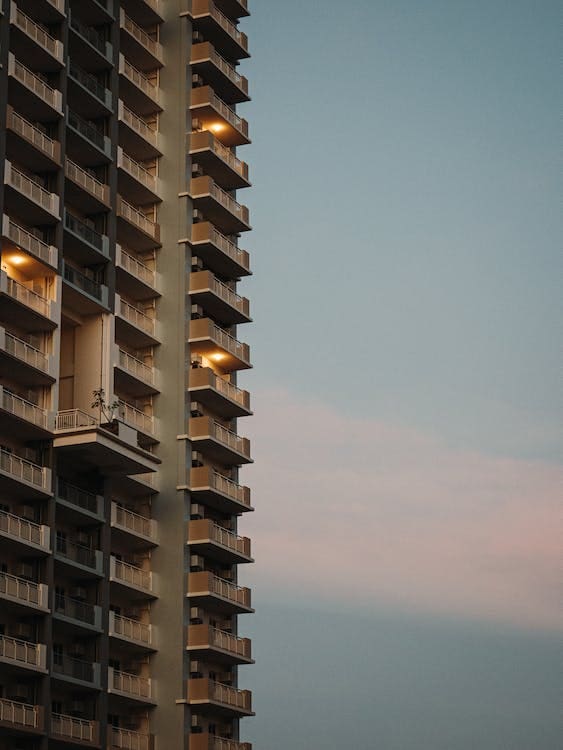In this article, we discuss the obligations of contractors who undertake work on the common portions of a co-ownership to terminate their contracts, particularly when this work is carried out at the request of a syndicate of co-owners.
What is a legal construction mortgage?
First of all, a legal construction mortgage is a privilege granted to individuals involved in building or renovation projects. This measure gives them the opportunity to secure their payments by using the property itself as collateral. Thus, if a person has contributed to the construction or renovation of a building and has not been remunerated, he or she may take said building in payment in order to recover the sums due to him or her.
What formalities need to be observed to ensure that the legal mortgage is duly registered in the Land Register and subsequently preserved?
To ensure that the legal mortgage is preserved, certain formalities must be complied with.
- Contract termination notice (in certain cases)
- Notice of registration of a legal hypothec
- Formal notice
- Notice of mortgage recourse
- Neglect
Contract termination in general
The first step in registering a legal construction mortgage is therefore the denunciation of the contract. Essentially, the denunciation of a contract allows subcontractors such as subcontractors, material suppliers, workmen, engineers or architects, who have no direct contractual relationship with the owner of a building, to claim a legal hypothec of the construction. However, this obligation applies only to those who do not have a direct contract or invoice with the owner. In other words, persons or companies directly engaged by the owner under a contract are not required to give notice of a contract.
Indeed, theArticle 2728 of the Civil Code of Québec (hereinafter C.C.Q.) provides that “[…] when those in whose favour [l’hypothèque légale] have not themselves contracted with the owner, it is limited to the work, materials or services that follow the written denunciation of the contract to the owner […]”.
Cancelling a contract in the case of co-ownership
But what about a contractor who undertakes work on the common portions of a condominium at the request of the syndicate of co-owners? In fact, he must also denounce his contract to all the co-owners?
Since the syndicat de copropriété does not own the common portions or the private portions (the common portions being held in undivided co-ownership by all the owners of the private portions), each co-owner must be notified of the contractin accordance witharticle 2728 C.c.Q.
Of course, a contractor who undertakes work on a private portion at the request of a co-owner would have no obligation to denounce his contract, sincearticle 2728 C.c.Q. provides that the obligation to terminate a contract only applies to persons who have no direct contractual relationship with the owner.
Conclusion
The process of registering a legal hypothec involves several steps, including the denunciation of a contract when required by law. Since the law stipulates that denunciation is mandatory when those in whose favor the legal hypothec exists have no direct contractual link with the owner, it is certain that a contractor must denounce his construction contract to all co-owners.

